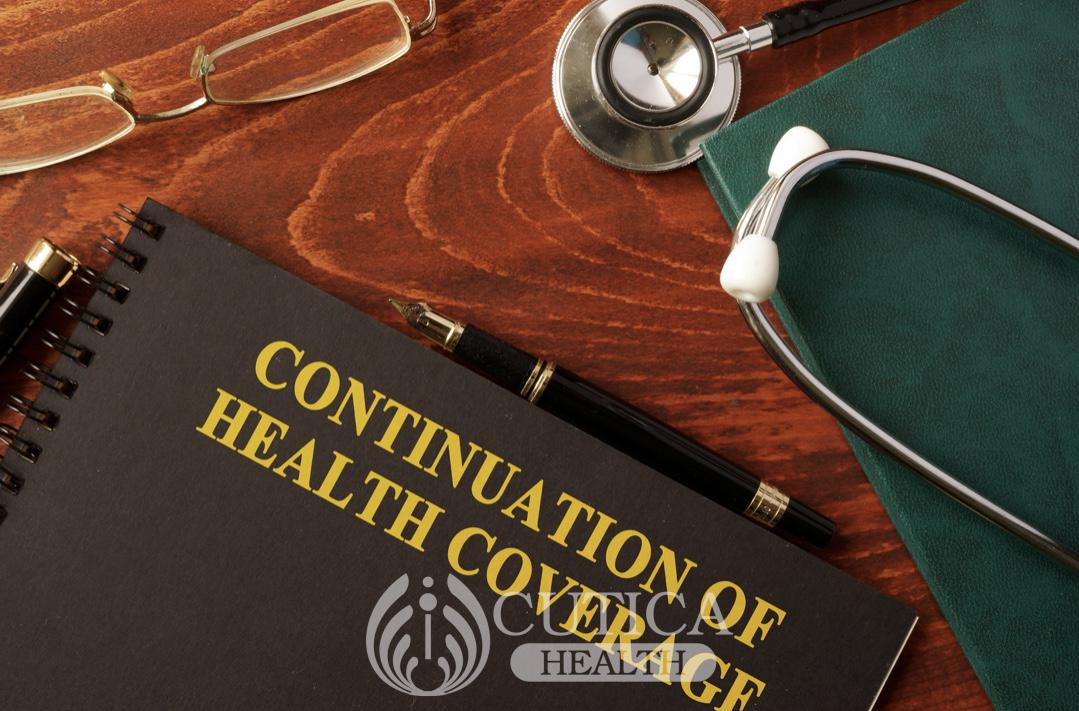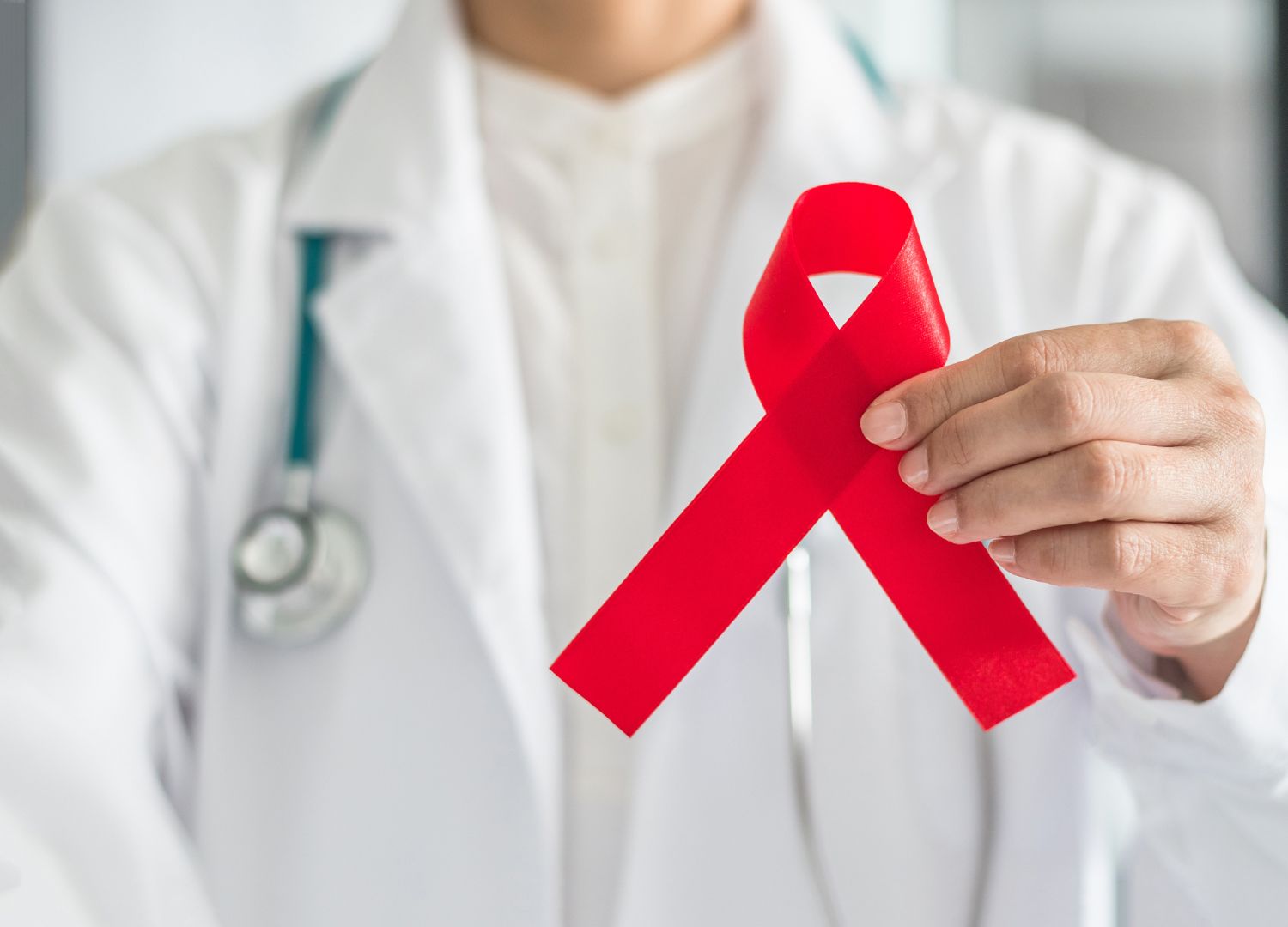
Abdominal surgery is an operation that involves cutting through your abdominal (tummy) wall to remove or repair a sick organ. Examples of these surgeries include:
- Appendectomy (removal of the appendix)
- Gall bladder surgery
- Intestinal surgery
- Surgery to repair a hernia
- Surgery to reduce the size of the stomach

With the advent of minimally invasive or ‘pin-hole’ surgeries, abdominal surgeries can now be done through a small key-hole incision. This surgery is, however, more expensive and not commonly done in Nigeria.
RECOVERY
These are step-by-step explanation of what to expect immediately after abdominal surgery.
- Depending on the type of anaesthesia used, you’ll be moved to either the recovery area or directly to the ward. If a general anaesthesia was administered, you’d most likely be first taken to a recovery area before you are moved to the ward.
- In recovery, you’ll be monitored closely and your vitals taken at intervals. Monitoring will be done until you are alert. Usually, a nurse checks your blood pressure, your pulse rate, temperature, and the oxygen level in your blood.
- As the effect of the anaesthesia wears and you begin to regain consciousness, you will feel groggy. You may also feel sick and throw up.

- When you are fully alert, the outcome of the surgery will be disclosed to you by your doctor. Other instructions will also be passed. At this time, you can ask whatever question you have concerning the surgery and expectations.
OTHER POST SURGERY CONCERNS
You may be concerned about eating, drinking, and returning to work after surgery.
- How quickly feeding can be commenced depends on the nature of the surgery.
- For minor procedures, such as repair of simple, uncomplicated hernias, oral intake can be commenced within 24hours after surgery, first beginning with sips of water. You should only resume oral intake if given the go-ahead by your doctor.

- However, more commonly, your doctor will wait till you make your first bowel movement (or when he can hear bowel sounds in your tummy) after surgery before instructing you to eat or drink.
- You are also encouraged to begin movement as quickly as possible to prevent blood clots from forming in your legs as this could be potentially fatal.
- Movement can be as simple as getting into a sitting position a few hours after surgery.
- Painkillers will be administered to manage the post-surgery pain.
- Return to work or regular activities depends on many factors, including the recovery timeline, presence of other medical challenges, and presence of social support like family members around to help you.
HOW SOON CAN YOU GO HOME?
The decision for you to go home is based on your recovery, the outcome of the surgery, and the absence of complications.
Following discharge, you may be instructed to do the following;
- Keep the operation site dry. This means you have to keep the wound area away from water when you clean your body.
- Avoid anything that strains your abdomen, like lifting of heavy objects, sit-ups, engaging in strenuous exercises, etc. Treat cough and constipation quickly as these also strain the abdominal muscles and could affect wound healing.
- Watch out for signs and symptoms of infection. These include fever, undue tenderness, yellow or pus like discharge from the operation wound.
- Look out for pain or swelling in your leg, discoloration of the skin of your leg, increased warmth, veins at the surface of your leg appearing bigger than normal. These can be signs of a blood clot, which requires urgent medical attention.
CONCLUSION
It is important to give yourself time to recover properly before engaging in strenuous activities. Recovery time is usually about six weeks for most people, however, this may vary based on the complexity of the procedure and if you have other medical conditions. Here are a few tips to boost recovery:

- A balanced diet and adequate rest helps with recovery.
- Exercise should be mild, kept at tolerable levels and should not cause pain.
- Do not engage in any activity that causes pain.
- Do not smoke or take alcohol as this can cause poor wound healing.
- Sex can be commenced when you feel comfortable enough, however, check with your doctor for advice.
- Go for your follow up appointment as scheduled.
- Depending on the type of stitch used, you may not need to have it taken out as there are some stitches that gets absorbed into the body. Your doctor will advise you.
- Call or visit the hospital right away if you are experiencing any unpleasant symptom after surgery.












